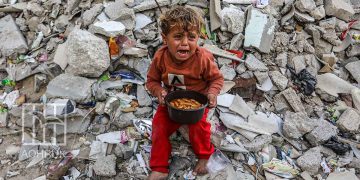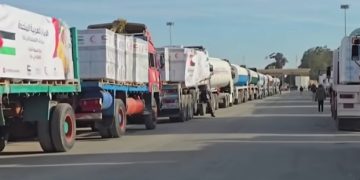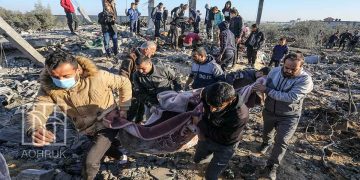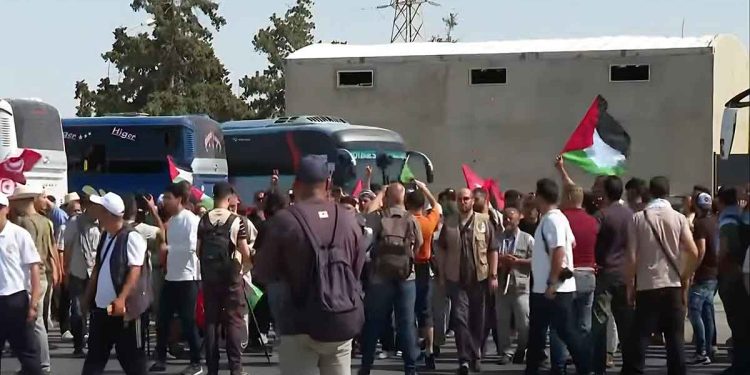Activists taking part in the “Soumoud Convoy” – a popular march calling for the lifting of the siege on Gaza and the opening of the Rafah crossing, were violently attacked by groups of thugs at multiple locations across Egypt, as documented in video footage circulated on Friday evening.
The assaults left several participants injured, including Turkish MP Faruk Dinc, prompting widespread outrage and growing concern for the safety of the activists.
These attacks represent a direct violation of individuals’ rights to peaceful protest and freedom of expression. They also constitute a serious failure by the Egyptian state to uphold its duty to protect people on its territory. The Egyptian security services’ failure to intervene or secure the activists, despite the assaults occurring in known locations and being repeated in more than one area, amounts to a grave dereliction of duty, leaving the state legally and morally responsible for the violations committed.
The attacks coincided with a wider crackdown, including the arrest and deportation of several foreign activists, confiscation of passports, and the prevention of convoys from proceeding towards Sinai.
According to sources within the campaign, more than 40 participants were intercepted around 45 kilometres from Cairo, while others remain under threat of expulsion amid heightened security tension and severe restrictions.
Despite the organisers’ clear commitment to a peaceful approach and their expressed respect for Egyptian sovereignty, the convoy was denied adequate protection. Instead, its members faced movement restrictions and were deprived of their rights to travel and assemble, in clear breach of fundamental legal standards concerning freedom of expression and human dignity.
These practices are seen as part of a broader pattern of suppression targeting solidarity initiatives with Gaza, at a time when states ought to be protecting individuals exercising their right to support populations living under occupation. The march itself bore no inciting or violent message, making the aggressive security response unjustified and raising serious concerns about excessive and unlawful use of force and intimidation.
The “Soumoud Convoy” comprises around 1,500 participants from Tunisia, Algeria, and Mauritania, and was intended to join a larger march of roughly 4,000 people from over 50 countries. The aim was to walk to the Rafah crossing after crossing Sinai from Cairo. However, Egyptian authorities refused to allow the convoy to enter from Libya and began detaining and deporting foreign nationals; a move that has drawn sharp criticism of the official stance.
The attacks on the “Soumoud Convoy” carry deeply troubling implications for the erosion of the right to solidarity and freedom of conscience in the region, at a time when public demands are growing to end cooperation with an occupying government accused of committing acts of genocide, as defined under established legal criteria based on systematic killing, starvation, and forced displacement.
The continued perpetration of such violations without accountability creates a dangerous climate in which solidarity is criminalised, and human rights activism becomes treated as a punishable offence, in stark contradiction to the values that any state seeking domestic and international legitimacy must uphold.
These assaults come as Gaza endures an unprecedented humanitarian catastrophe, amid an ongoing war launched by the occupation since 7 October 2023, which has left over 182,000 Palestinians killed or injured, the vast majority of them women and children, in addition to over 11,000 missing and hundreds of thousands displaced. The siege has also brought the entry of food, medicine, and fuel to a near-total standstill, all amid complicit international silence.


























